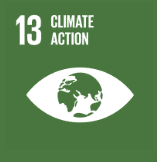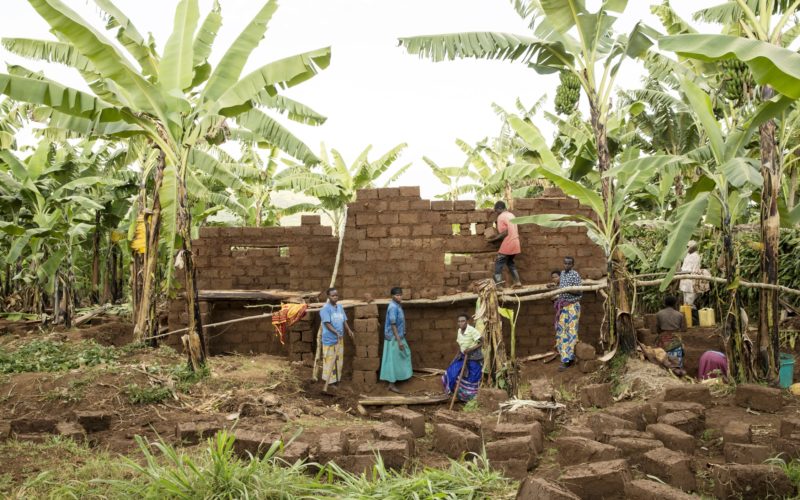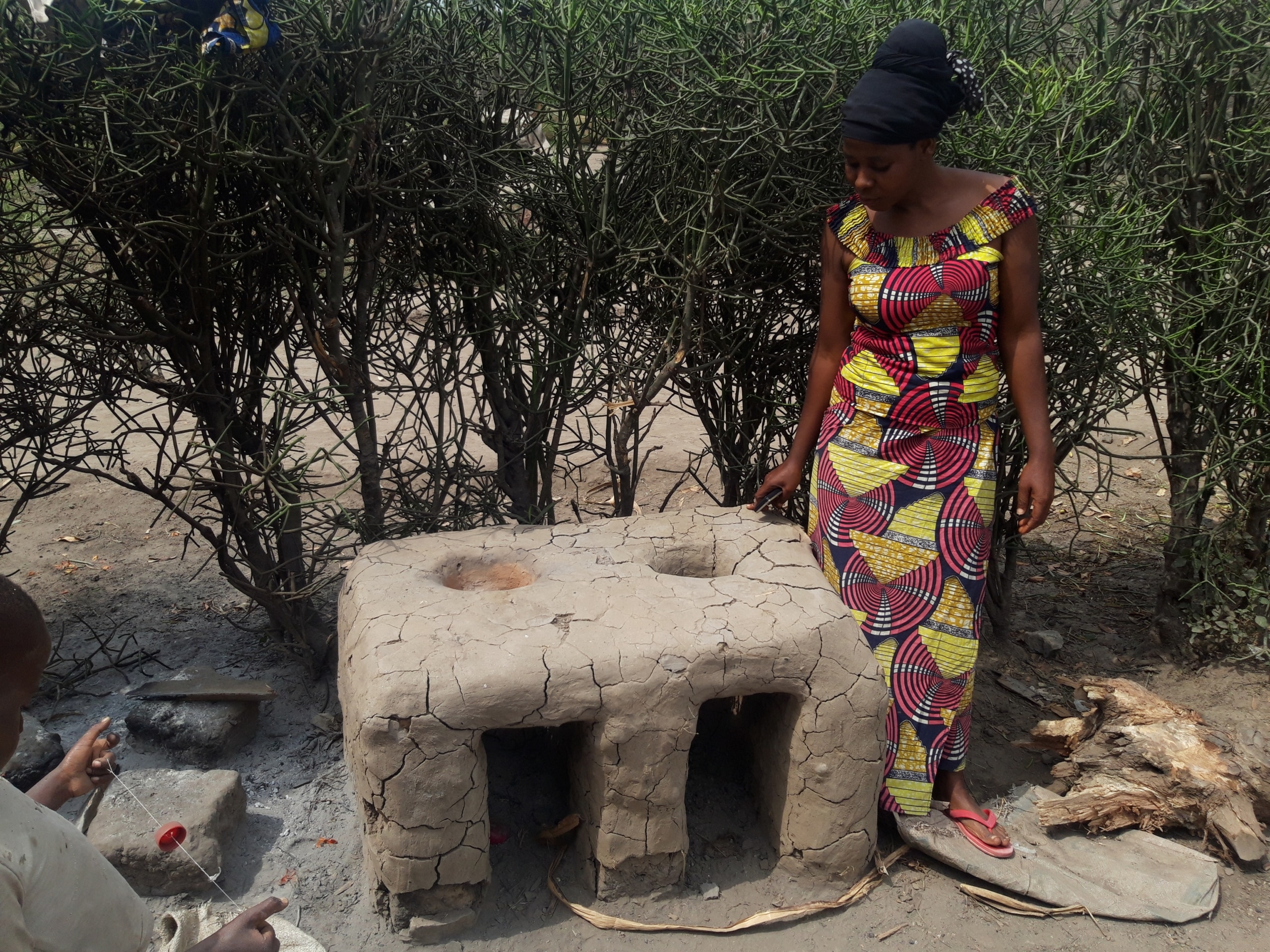Actions linked to our projects :
Empowering women and girls
Women’s education is essential to long-term climate resilience. FXB integrates family planning and training in sexual and reproductive health and rights into all its projects. Since women are the most affected by climate impacts, it is necessary to empower them to exercise their rights and have financial security. FXB promotes gender equality and prevents all forms of insecurity and violence against them. Women’s empowerment is a determining factor in the fight against poverty.
Financial inclusion
To enhance the resilience of communities to the consequences of climate change, FXB provides financial training and forms Village Savings and Credit Associations (VSLAs) to increase financial inclusion and financial security. FXB has also initiated a microinsurance system in these groups to enable members to meet the costs associated with climatic hazards.
Sustainable agriculture
Agriculture is responsible for 30% of greenhouse gas emissions. In order to promote the adoption of more productive and resilient agricultural systems through ecological practices that adapt to climate change, FXB is setting up Farmer Field Schools, a participatory and community-based educational method that combines the principles and practices of community development, non-formal education, agroecology and adaptive ecosystem management.
Diversifying livelihoods
FXB promotes the diversification of farmers’ livelihoods to anticipate the consequences of potential devastation caused by extreme weather conditions. FXB also provides startup capital, technical and business training to launch diverse income-generating activities.
Kitchen gardens
Climate change is contributing to global food insecurity. FXB provides training and support to to start environmentally friendly kitchen gardens, ensuring access to quality food and diminished food insecurity.
Climate education
FXB educates collaborators and project participants about more sustainable consumption, water use and production, ecological waste recycling, the use of solar lamps and disaster risk reduction.
Healthy environment
Climate change is exacerbating water scarcity and air pollution. FXB develops spring catchments, water points and wells that are maintained and managed by communities. It also promotes the construction of latrines, hand-washing stations and the use of improved cooking stoves to reduce respiratory tract infections and deforestation.
Education and Advocacy
The FXB Climate Advocates program aims to empower young people (aged 13-25) around the world to implement climate solutions in their communities and on a global scale.
read more :


